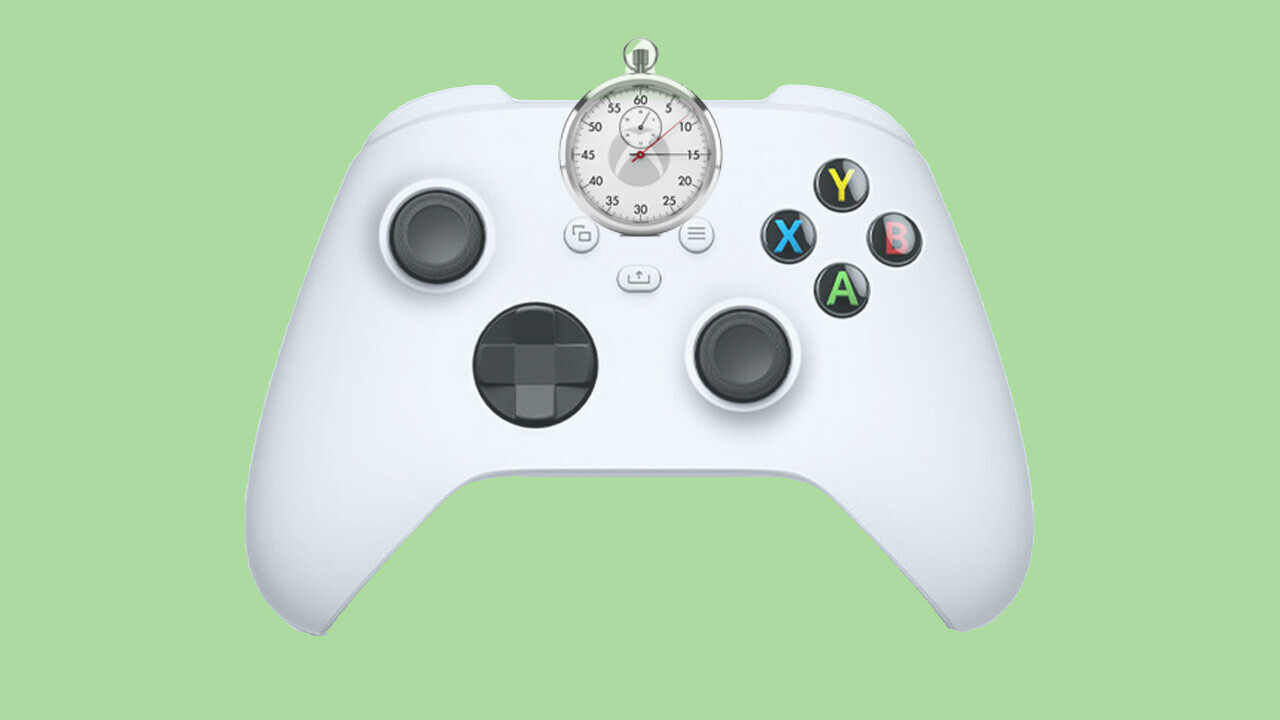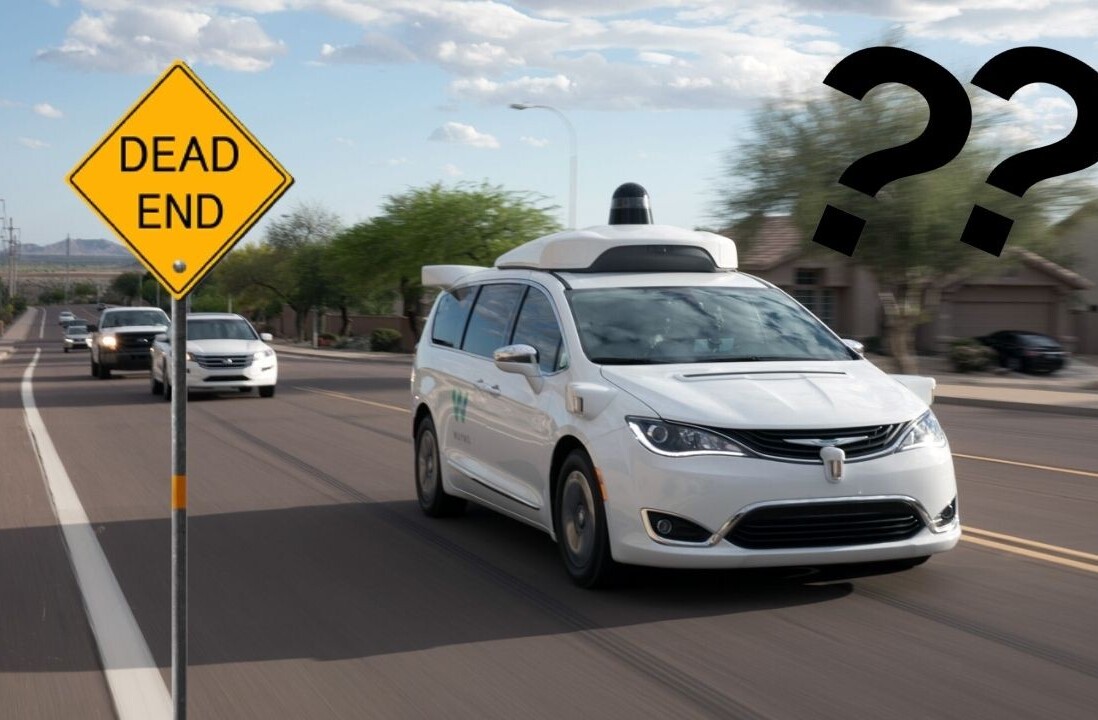
Gamers have it pretty good today. Thanks to the modern internet, we can purchase and play video games without ever waiting in line at Game Stop or biding our time until our buddies let us borrow their cartridge.
Back in the day, after Atari but before Stadia, I could go to any number of video rental stores and walk out with three AAA video games to spend a weekend with. And it cost about the same as a month’s worth of Xbox Game Pass Ultimate.
That doesn’t seem like a very good deal now, but when I started reviewing games professionally we were stuck in that place where Blockbuster was gone but Game Pass and similar services either hadn’t arrived or flat out sucked. Some of them still suck.
A triple-A gaming title used to cost about $60 no matter what platform you played it on. Premium editions with digital add-ons run as high as double that. Those were simple metrics to keep in the back of my mind when I reviewed a game.
So, for example, when I reviewed State of Decay 2 at launch, I asked myself if it was worth half as much money (it retailed for $29.99) as Skyrim or Grand Theft Auto V. And the answer, then, was a solid no. The game was buggy and I only recommended it at all because it was available on Xbox Game Pass at launch.
The game eventually got patched and it’s a fantastic experience worthy of a AAA price tag these days.
Without Game Pass, I don’t think it would have survived its rocky launch.
The whole industry has entered a transitional phase. If I reviewed State of Decay 2 again right now, I wouldn’t give a single thought to its retail price.
In the past five years, the crux of gamers’ experience has shifted away from getting our money’s worth and towards making the most out of every second we spend gaming.
We can play a brand-new game, decide we don’t like it, and not feel like we’ve just been bamboozled out of our hard-earned money. There’s no impetus to find the joy in a joyless game once you’ve divorced yourself from its monetary value.
The industry is changing and those of us lucky enough to get paid to review video games need to change with it. Otherwise we’re doing the community as much disservice as the tone-deaf publishers ignoring us to chase profits.
Enter Cyberpunk 2077, pursued by failure.
Much like State of Decay 2, Cyberpunk 2077 launched with game-breaking bugs. State of Decay 2 just sort of hung out on Game Pass until it got patched up and became great.
Unfortunately for Cyberpunk, there was no way for gamers to get their hands on it without spending AAA money – it’s not available as part of any subscription gaming services I’m aware of (though I did pick up the PC version on sale for $20 bucks on GOG a few months back).
When Cyberpunk launched, I got a review copy for Xbox One and played it for a few hours. I decided not to write that review because, frankly, there was nothing to write.
What could I say about an unfinished game that was so bad Sony pulled it from the PlayStation store that hadn’t already been said?
My only thought was: this isn’t worth $60. In fact, I don’t think Cyberpunk 2077 should have been sold at all in the state it shipped. It should have been delayed another year.
But even as the game’s been patched and gone from unplayable to enjoyable, I’ve changed my mind very little.
I still don’t think it’s worth $60. More importantly however, it still isn’t worth my time. I keep trying to get into it, but the few things it does well are obviously Nerfed versions of huge visions that the developers ran out of time to implement properly.
I play one hour of Cyberpunk 2077 and it reminds me why Rockstar (the makers of Red Dead Redemption 2 and Grand Theft Auto 5) are still one of the few companies left that can command a premium price tag and make gamers feel like they’re getting their money’s worth.
So when I think about a game review now, I’m trying to figure out how much of my readers’ time a title is worth. You might love Cyberpunk 2077, and that’s fine. But if I’m making a list of open world games you should take the time to play, it’s several thousand hours down towards the bottom. I think it’s a pretty good game that probably isn’t worth your time.
As a journalist who grew up poor, all I ever wanted to do as a reviewer was make sure I gave you everything you needed to decide whether a game you were thinking about buying would be worth your money.
But the near-decade’s worth of hype leading up to Cyberpunk 2077’s launch, coupled with the fact that a very large percentage of the AAA gaming titles of the near-future will release on subscription services, makes it counter-intuitive to tell gamers where to spend their money.
All things being equal, I believe time is worth more than money. And the moment the gaming industry understands that the biggest sin it can commit is wasting our time – with games that don’t work, with features we don’t want, and with mindless attention-grabbing ploys – is when it’ll figure out how to properly shift from a commodity-based marketplace to a customer-oriented one.
This is an industry that doesn’t quite seem to get why Minecraft is a billion-dollar property but Cyberpunk 2077 should have never launched in the state it was in. The powers-that-be are still thinking in terms of money.
But there’s a reason why Facebook and Twitter are both “free” (finger quotes) to users and still worth more than CD Projekt Red or even Rockstar Games could likely ever hope to be valued at. The social media companies understand the true value of their product.
The point isn’t that games should be free – though, there’s an argument to be made where publishers go away and developers get paid to create without worrying about sales. It’s that Facebook and Twitter are obsessed with capturing our attention and they both realize that holding it is the most important function their products can perform.
The AAA gaming industry, on the other hand, is still motivated by unit sales and aggregate review scores. Until that changes, the divide between what gamers want and what the industry gives them will remain.
Get the TNW newsletter
Get the most important tech news in your inbox each week.




